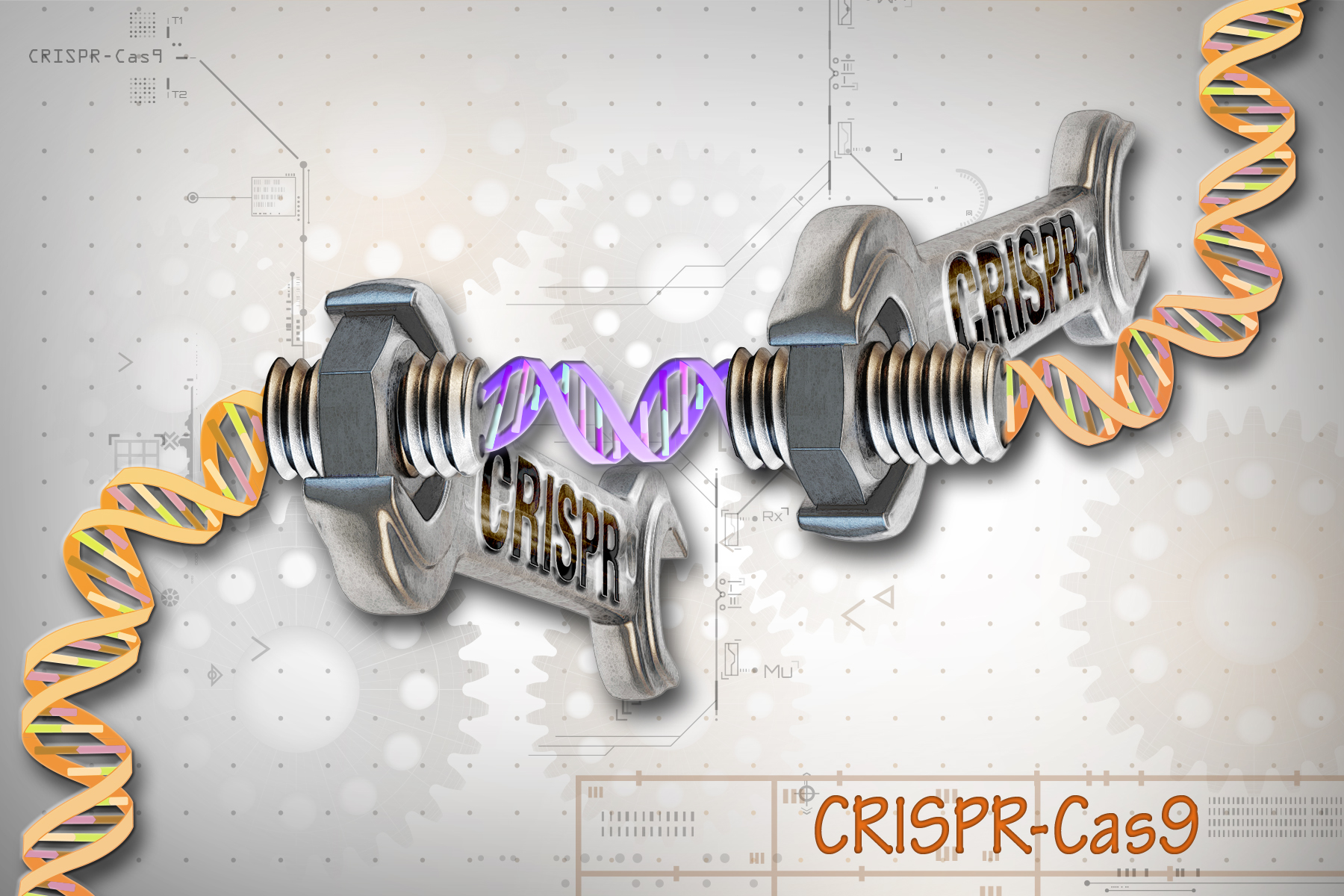Podcast: Play in new window | Download
Subscribe: RSS

A perfect illustration of the fallacy underlying the false promises of gene therapy: that you can work on an organism as if it were a machine.
(*From the Burt Bacharach musical “Promises, Promises.)
It is the best of times, it is the worst of times: the best because of what we are being promised, by the loudest and most persistent voices of our culture, blaring from every screen; the worst because what we are actually getting as fulfilment of those promises is crapified beyond belief.
The promises come thick and fast. We are soon to be whisked around our town houses and country estates, totally safe and completely at ease, by driverless cars and pilotless planes. We won’t have to work because robots with artificial intelligence — which is so much better than the real thing — will do our menial jobs for us and cater to our every whim, whether it be dinners of hummingbird tongues or machine sex. (What’s that? You think I’m exaggerating the sex part? You don’t know about the sexbot Samantha, who among other things is being taught how to say, “No, stop!” to amorous approaches that are too rough or too boring? Google it.)
These promises are being made by people who are being paid lavishly to keep the promises coming. They are executing a kind of bank shot — they don’t really care if we believe their promises, they just want to get us talking about them, to create that essential “buzz” of interest that attracts grant money to the universities, investor money to the initial public offerings, bank money to the underleveraged, crypto money to the bare-faced maniacs. The process was illustrated recently by a near-perfect example.
The buzz generator in this case is CRISPR, the latest sneeze in gene editing. This would be the place for a few deft sentences explaining what it is and how it works. You might as well ask me to explain whether Schrödinger’s cat (in the famous quantum-mechanics paradox) is alive or dead. Either case, I have no freaking idea.
Neither, probably, did the editors and reporters at Investors Business Daily when they published the headline: “Can CRISPR And These 3 Small Biotechs Cure 10,000 Diseases?” (Here I invoke Betteridge’s Law, which ain’t quantum mechanics but — or maybe therefore — is useful: “Any headline that ends with a question mark can be answered with the word no.”) According to this unrestrained puff piece, which of course never answers the question posed in the headline, we will soon, really, really, soon, cure all of humankind’s debilitating diseases with a mere snip of the CRISPR gene scissors.
You will note that this articles does not appear in a peer-reviewed medical journal, but in an investors’ cheat sheet. They’re not chasing the truth here, they’re chasing dollars, specifically for the three high-tech companies mentioned prominently in the article. This is not just fake news, but crack fake news, that produces a pronounced, lingering high.
Four months later comes an antidote, in the form of a CNBC headline: “CRISPR stocks tank after research shows edited cells might cause cancer.” According to the network, “Shares of companies developing CRISPR-based therapies slid Monday after new research published in the journal Nature Medicine showed edited cells could cause cancer. “ CNBC went on to list all three of the companies touted in the February investors’ puff piece as having suffered a Black Monday on June 11.
And so it goes. Theranos promised a technological breakthrough offering cheap, fast, reliable blood tests, a boon to mankind, was not long ago “valued” by Wall Street at $10 billion, and now teeters near bankruptcy with its founder under federal criminal indictment. In January, another tectonic event shook the ground under the gene therapy folks when it was revealed that experimental doses of the therapy were causing deaths and, um, “disturbing behavioral changes” among lab animals.
The gulf is growing wider. The promises are getting louder and crazier, from making America great again to extending human life infinitely to making every appliance in your home smart, so you can talk to it. Meanwhile, back in real life, the crapification accelerates — the computer systems that run the banks and the airlines crash more and more frequently, the phone nets go down, the grids go dark, the roads and bridges rot down, the fuel runs out. It is the worst of times. But, hey! Driverless cars! Soon, I promise!
In today’s Dispatch (yes, it’s a newspaper) there was an article about the proliferation of ‘suicide prevention apps’…and suicide prevention texting sites as well. I’m not certain what any of this is about, but I assume it’s all for your death-wish techno convenience. There is something very disturbing going on here, but I’m a confirmed old luddite, so what the hell do I know.
I’m inspired to post a link to a song at YouTube, which seems all too pertinent to the whole mess we now all face:
https://www.youtube.com/watch?v=YcXMhwF4EtQ
Perhaps the promise of artificial intelligence is inviting to many people because their experience of what is broadcast as human intelligence is so disappointing.